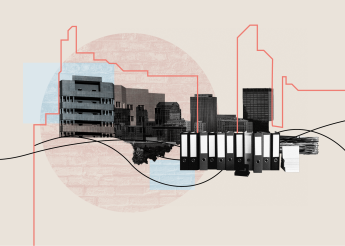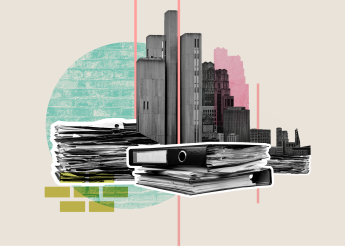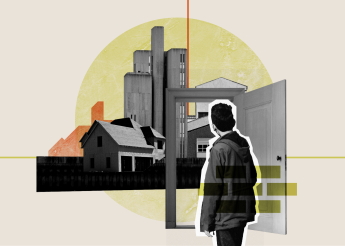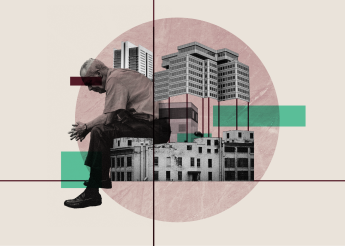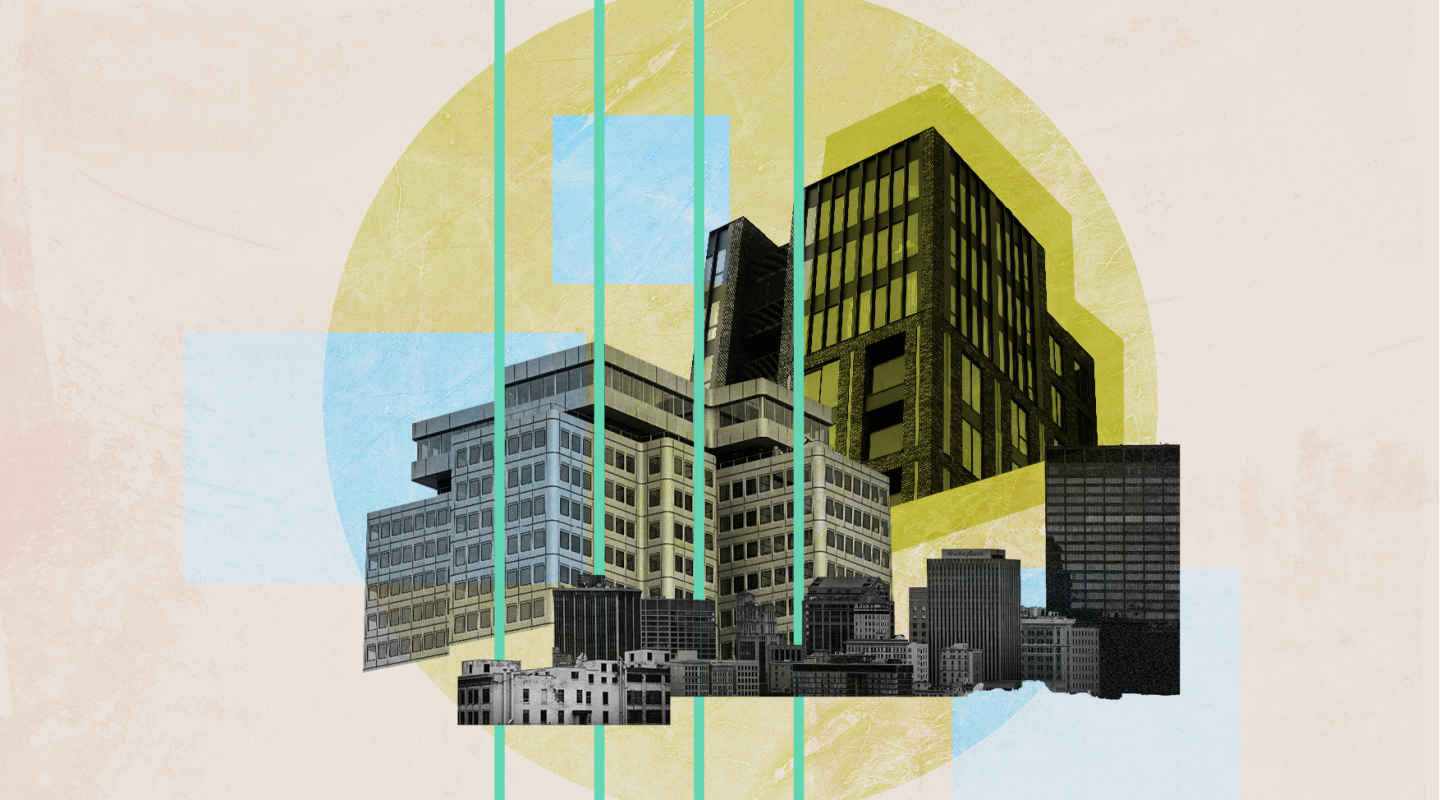
People in prison across the world are among the most marginalised part of the population. Many have physical or mental health problems and experience difficulties relating to addictive behaviour, cut ties, poverty or periods of homelessness. Upon their release, they are often in precarious situations and stigmatised and are hit hard by the housing crisis. But without a stable habitation, what hope do they have for building a future in society?
In a series of four articles, Prison Insider explores problems encountered in the Lyon metropolitan area and elsewhere (Canada, Finland and more). This unique geographical focus provides interesting insights and food for thought for other areas experiencing similar crises and dynamics.
The people interviewed in this series generally use “accommodations” to refer to temporary arrangements and “housing” when discussing longer-term solutions. However, in certain situations, the lines between the two concepts tend to blur. That is why we chose to pay particular attention to the notion of “habitation”, which is broader and more inclusive than the ideas of accommodation and housing. “Habitation” captures, in all its diversity and complexity, the myriad ways in which people find meaning in their homes.
Without a roof or a choice explores the problems encountered by people in prison and some food for thought and potential solutions from those who assist them in finding permanent habitations.
— This series was produced with the support of the Lyon metropolitan area, as part of Housing First. Illustrations by Valentin Lombardi.
++
Without a roof or a choice
Preparing for release
(2) Release from prison does not occur the day the person walks out the prison door. It requires months of prior preparation. The transition to freedom and accessing habitation are part of a complex journey that includes tasks ranging from obtaining documents to restoring social rights.Contributions
As Prison Insider advocates for a collaborative approach to information, this series combines the perspectives and accounts of people who have experienced incarceration and those who supported them, inside or outside of prison, with no claim to exhaustiveness. The following people contributed to this work:
Jane Abad-Martinez (Local Committee for the Independent Housing of Young People, France), Reza Ahmadi (John Howard Society of Ontario, Canada), Razika Bizriche (Local Committee for the Independent Housing of Young People, France), Frédérique Cadet (Interministerial Delegation for Accommodation and Access to Housing, France), Camille* (formerly incarcerated person, France), Art Campbell (Québec Homelessness Prevention Policy Collaborative, Canada), Marielle Colombin (Le MAS, France), Sylvie Daniel (Le MAS, France), Daniel Benson (Old Brewery Mission, Canada), Laura Delcourt (University of Lille, University of Reims, France), Bonnie Erba François (Québec Homelessness Prevention Policy Collaborative, Canada), Isabel Gervais (YMCAs of Québec, Canada), Mikko Hytönen (prison service, Finland), Charlotte Journiac (Le MAS, France), Mia Juselius (RETS Life without crime, Finland), Julianne Legrand (Le MAS, France), Virginie Macon (Le MAS, France), Simon Mathivet (Interministerial Delegation for Accommodation and Access to Housing, France), Pierre Mercier (Le MAS, France), Michelle* (formerly incarcerated person, France), Alice Mills (University of Auckland, New Zealand), Marie-Pierre Noret (Le MAS, France), Leena Oikarinen (RETS Life without crime, Finland), Sina Rasilainen (The Housing Finance and Development Centre of Finland, ARA), Hervé Rayter (AJHIRALP, France), Moufid Rmiki (Interministerial Delegation for Accommodation and Access to Housing, France), Sophie Roussel (Rlibre, France), Camila Sanchez (John Howard Society of Quebec, Canada), Aude Tchekhoff (Integrated service for hosting and guidance in Paris, France), François-Marie Trasconi (Directorate of Prison Administration, France), Florent Triquigneaux (Zone Libre, France), Marine Tocco (Foyers Matter, France), Sam* (formerly incarcerated person, France), Aileen Simon (John Howard Society of Ontario, Canada), Gabriel Uribelarrea (Pacte laboratory, France), Elsa Van Vlierberghe (Directorate of Prison Administration, France), Daniel Vachon (John Howard Society of Quebec, Canada), Juliette Viard Gaudin (Emmaüs France).
